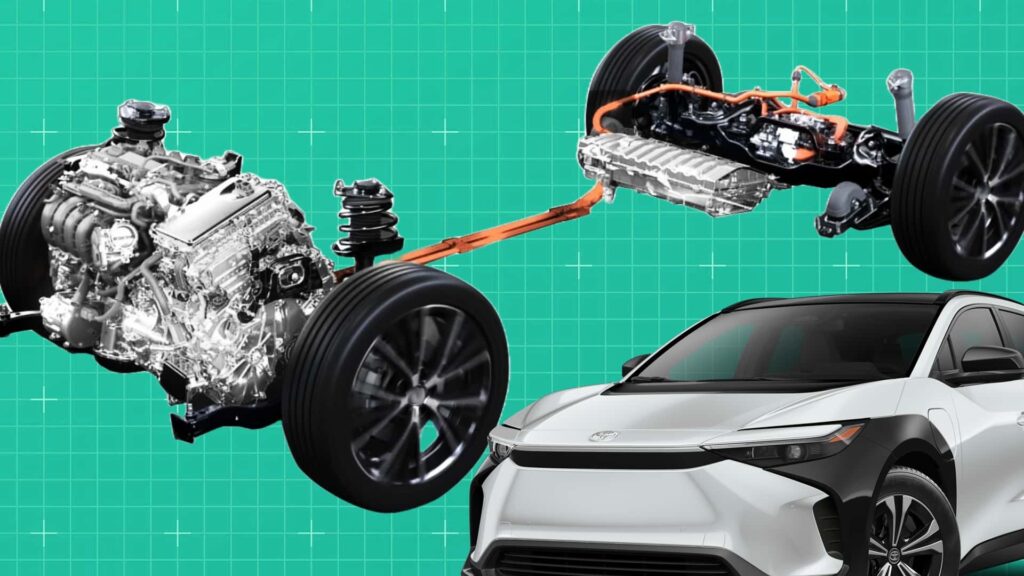owners that they’re doing that consistently.
It’s not all bad news for PHEVs, however. Despite their initial quality issues, they still offer a compelling value proposition for many consumers. They provide the flexibility of gasoline power for longer trips while still offering the benefits of electric power for shorter commutes. Additionally, they can help reduce overall emissions and fuel consumption compared to traditional gasoline-powered vehicles.
As automakers continue to refine and improve PHEV technology, we can expect to see these vehicles become more reliable and efficient over time. In the meantime, prospective buyers should carefully consider their driving habits and needs to determine if a PHEV is the right choice for them.
Overall, the J.D. Power study serves as a reminder that while PHEVs offer a promising mix of electric and gasoline power, they also come with their own set of challenges. As the automotive industry moves towards a more electrified future, it will be crucial for manufacturers to address these issues and ensure that PHEVs deliver on their potential as a bridge to a greener tomorrow.
Automakers have been making strides in the production of plug-in hybrid electric vehicles (PHEVs) in recent years, offering consumers a more sustainable alternative to traditional gas-powered vehicles. However, with this shift towards electrification, there have been some concerns about the reliability and performance of PHEVs compared to their gas counterparts.
According to a recent study by J.D. Power, some automakers have been more successful than others in producing reliable PHEVs. Brands like Lexus, Hyundai, and Kia have consistently ranked towards the top of quality lists, indicating that their PHEV offerings are more dependable. However, the study also found that there is a wide range of performance within the PHEV category, with some models scoring as low as 206 problems per 100 vehicles (PP100) and others as high as 362 PP100. This variability suggests that not all PHEVs are created equal, and consumers should do their research before making a purchase.
One interesting finding from the study is that automakers with a diverse range of powertrains, including PHEVs and electric vehicles (EVs), tend to have more issues with their electrified models compared to their gas vehicles. This could be due to the complexity of hybrid systems and the integration of new technologies. However, the study also noted that there is no consistency in the number of problems between PHEVs and EVs within the same brand, indicating that some automakers are better at producing reliable electrified vehicles across the board.
Despite these concerns, the market for PHEVs is growing rapidly, with more automakers offering plug-in options than ever before. Brands like Alfa Romeo, Volvo, Audi, Dodge, Kia, Lincoln, and even Ferrari have joined the electrification trend, providing consumers with a wider variety of choices. This expansion of the PHEV market is a positive development for consumers looking to reduce their carbon footprint without sacrificing performance or style.
While the J.D. Power study did identify some issues with PHEVs, it also found that the number of problems reported by owners has decreased slightly compared to previous years. Most of the complaints centered around software and infotainment systems rather than mechanical issues, indicating that automakers are making progress in improving the overall reliability of their electrified vehicles. With continued innovation and investment in electrification, PHEVs are likely to become even more popular in the coming years, offering consumers a greener and more sustainable transportation option.

